Analysis

Programme examining the ideas and forces which shape public policy in Britain and abroad, presented by distinguished writers, journalists and academics

Analysis - 10/04/2008
Mukul Devichand meets China's eco-warrriors in Beijing and asks how the rest of the world should understand the significance of their activism.
Details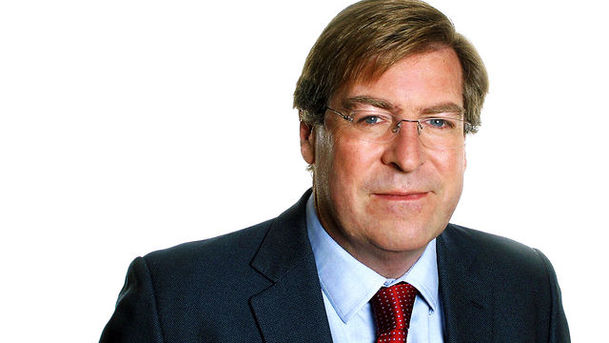
Analysis - A Dictatorship of Relativism
Moral relativism is under attack. Its critics claim it has fostered an extreme form of pluralism that it is threatening religious freedom. Edward Stourton examines the evidence.
Details
Analysis - A Nation of Billy Elliots?
A Nation of Billy Elliots? Camilla Cavendish asks why our cultural industries are now so attractive to the government.
Details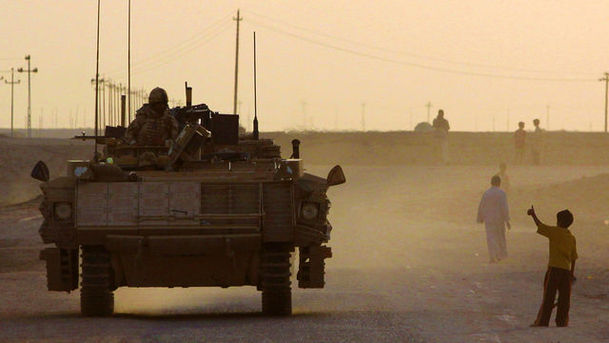
Analysis - A New Iraq?
As British forces complete their withdrawal from Iraq and the government declares the mission a success, Bronwen Maddox considers the prospect of lasting peace for the Iraqi people.
Details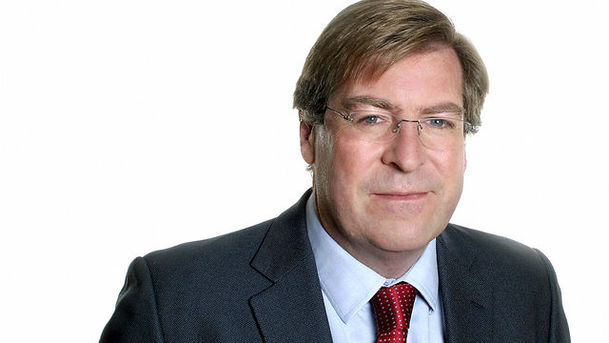
Analysis - A Price Worth Paying?
Edward Stourton talks to the growing band of experts who believe that risk-taking investment banks should be forced to face the consequences of their losses.
Details
Analysis - Africa's Chance
Africa's Chance: Countries such as Kenya and Mozambique are now among the world's fastest-growing economies. Richard Dowden investigates a possible long-term path to development.
Details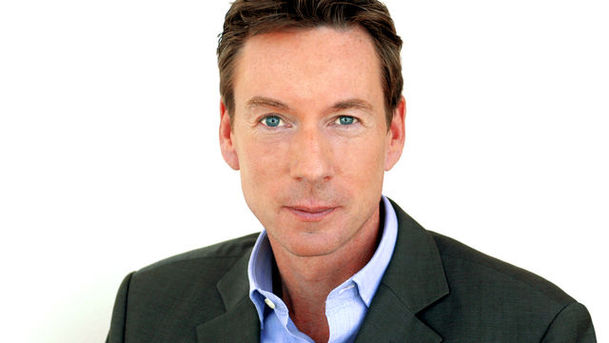
Analysis - Al Qaeda's Enemy Within
Could Osama bin Laden's erstwhile comrades be responsible for bringing about the collapse of Al Qaeda? BBC Security Correspondent Frank Gardner investigates.
Details
Analysis - Analysis
I'm So Sorry: Why have apologies for past misdeeds become politically fashionable? Kenan Malik considers whether people can bear responsibility for the crimes of their ancestors.
Details
Analysis - Anchor Aweigh?
Philip Stephens asks what elements of the Pax Americana should survive and what interdependence might emerge in a new political order.
Details
Analysis - Anti Social Housing
Richard Reeves, director of the think tank Demos, argues that social housing has failed everyone - those who cannot get housing, those in social housing and the taxpayers.
Details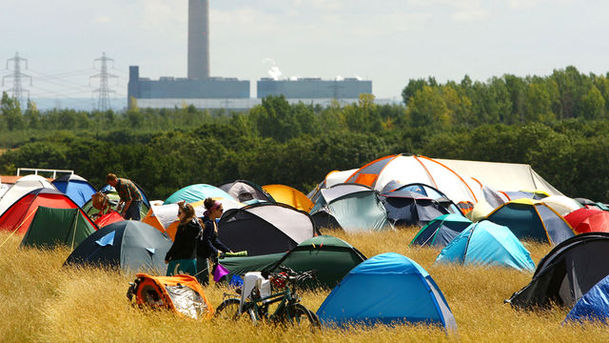
Analysis - Are environmentalists bad for the planet?
'Ethical man' Justin Rowlatt asks if it is time the green movement ditched some of its ideological excess baggage.
Details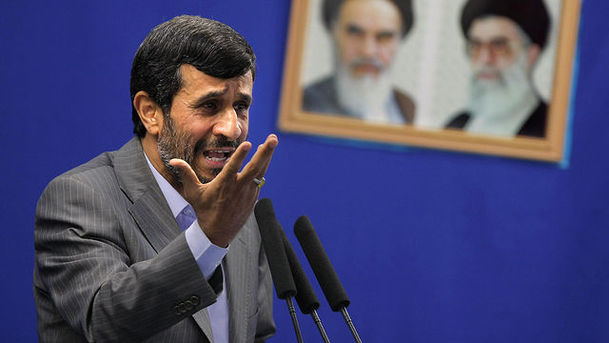
Analysis - Ayatollogy
Edward Stourton asks if a battle over theology could help bring about the end of the Islamic Republic of Iran.
Details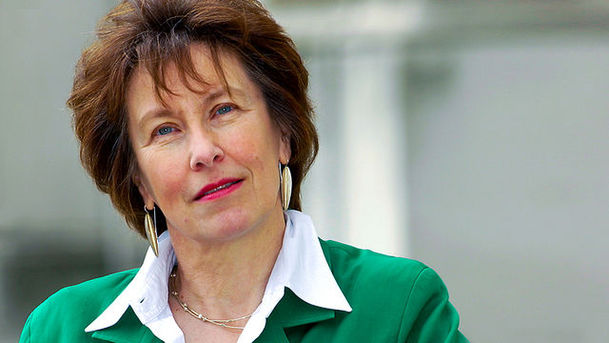
Analysis - Babies and Biscuits
Alison Wolf examines gender gaps in the polling booth and asks why men and women vote differently.
Details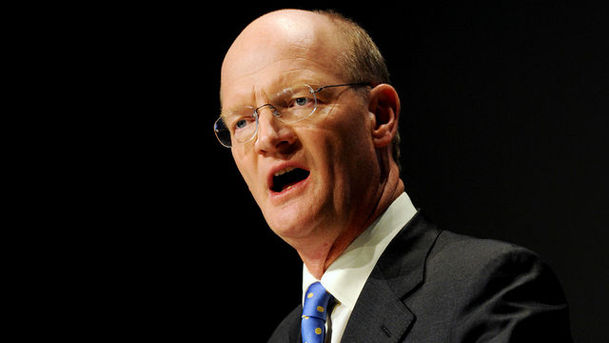
Analysis - Baby Boomers on Trial
Should the privileged Baby Boomers - who have seemingly done so well up to now - bear the brunt of government spending cuts, or are we in danger of focusing on the wrong target?
Details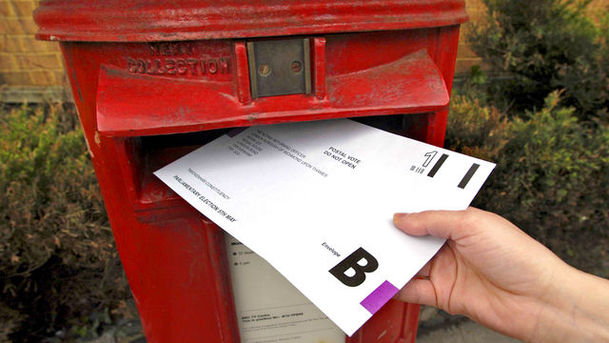
Analysis - Bad Elections
Recent months have seen several allegedly flawed elections in various countries. Zareer Masani considers the relationship between voting and other democratic rights.
Details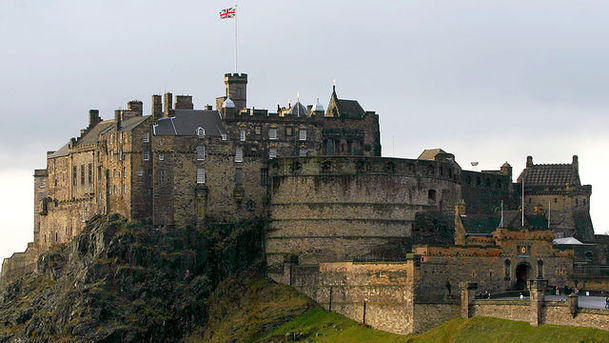
Analysis - Blow-Back from Edinburgh?
David Runciman asks if political forces are pushing Edinburgh and London onto increasingly divergent paths and considers the implications for the formation of future UK governments.
Details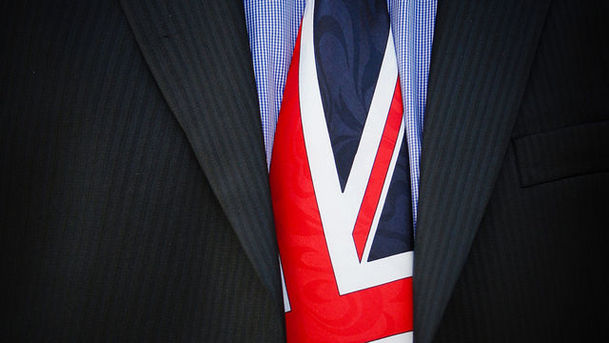
Analysis - Britishness
Can politicians make us more patriotic? Dr John Bew compares the old and new governments' approaches to Britishness and examines plans to teach more British history in schools.
Details
Analysis - Can We Kick the Habit?
Can We Kick the Habit? Social historian Richard Weight asks why the problem of drug addiction has proved so intractable to a range of public policy approaches.
Details
Analysis - Changing Charity
Changing Charity: Political leaders are promising a much greater role for charities in delivering public services. But what difference can they make? Alison Wolf investigates.
Details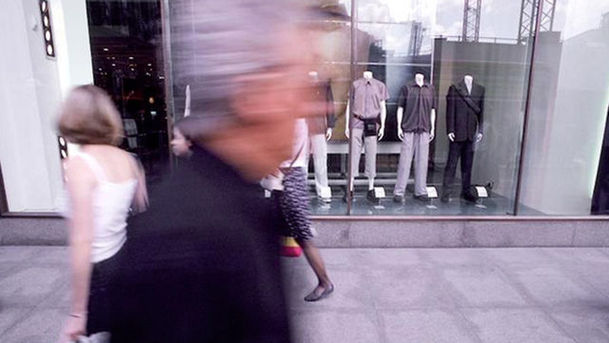
Analysis - Character Factories
Richard Reeves, commentator and part-time scout master, asks whether it is time for the chattering classes to unashamedly promote their own virtues.
Details
Analysis - Clever.com
Kenan explores the reality behind the stereotype of teenagers' apparent over-reliance on the internet and computer games.
Details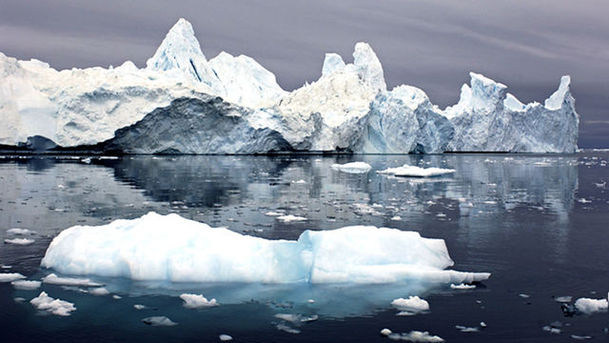
Analysis - Climate Change: The Quick Fix?
Frances Cairncross investigates geo-engineering, the idea that technology can be developed to cool the world if global warming accelerates. The theory is highly controversial.
Details
Analysis - Clipping our Wings?
Zareer Masani asks whether environmental angst can persuade us to stay closer to home in the increasingly global world.
Details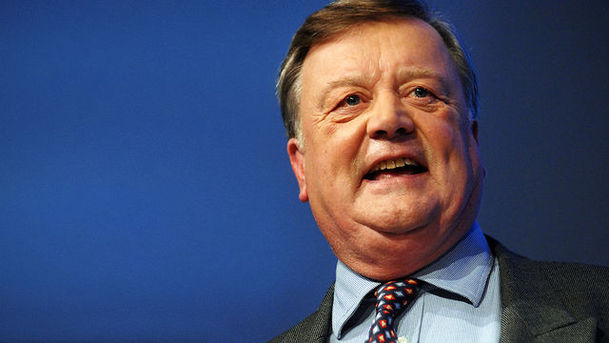
Analysis - Criminal rehabilitation: a sub-prime investment?
Ken Clarke has promised a 'rehabilitation revolution' in which private investors will fund projects aimed at cutting the re-offending rate. Emma Jane Kirby asks if it will work.
Details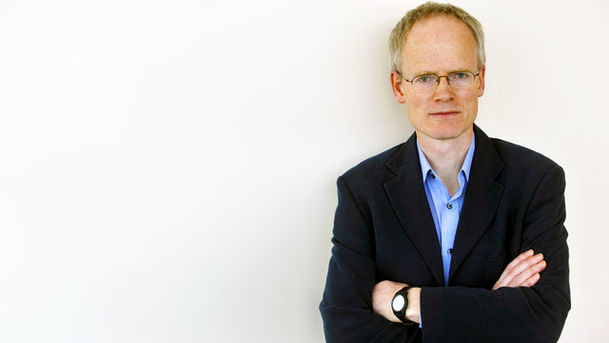
Analysis - Crying Treason
Treason laws are widely regarded as out of date, so can any citizen now challenge the state with impunity? Chris Bowlby asks if treason still matters in modern Britain.
Details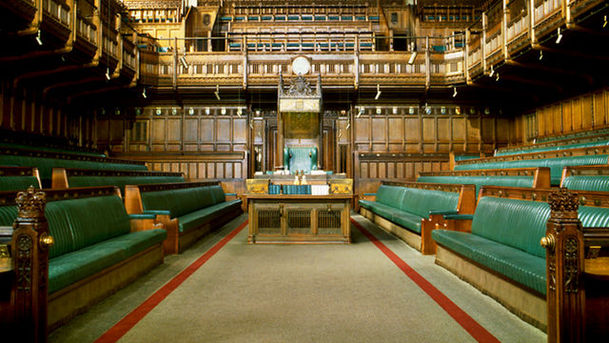
Analysis - Dead Cert
Michael Blastland examines the damage done by the demand for certainty in politics and asks why our leaders seem unable to say 'I don't know'.
Details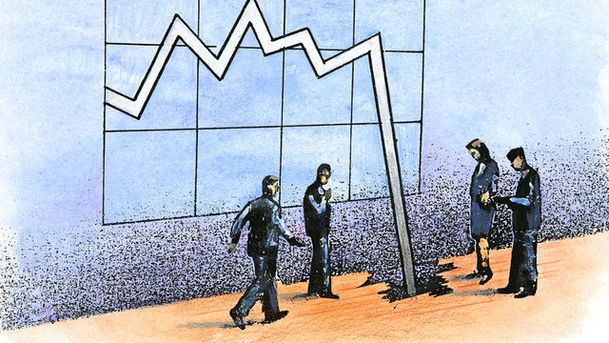
Analysis - Death to the Deficit!
Frances Cairncross explores the UK's options in the face of a growing deficit and asks if cuts in public service spending might offer an opportunity rather represent a disaster.
Details
Analysis - Defence: no stomach for the fight?
As Britain reviews its defence resources, does a bigger question loom? Kenneth Payne asks: has British society broken away from its military and lost the will to wage war?
Details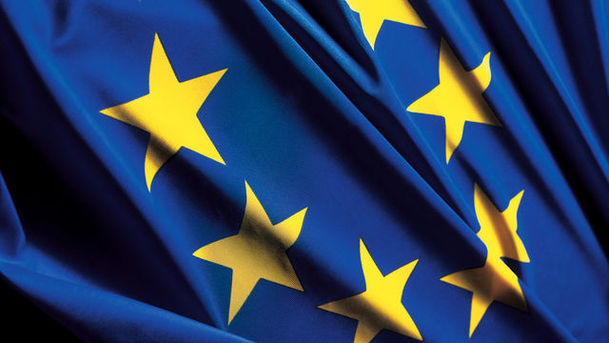
Analysis - Divorcing Europe
Chris Bowlby reports that any future exit deal between Britain and its EU partners would depend a lot on the mood of their 'divorce' - amicable or acrimonious.
Details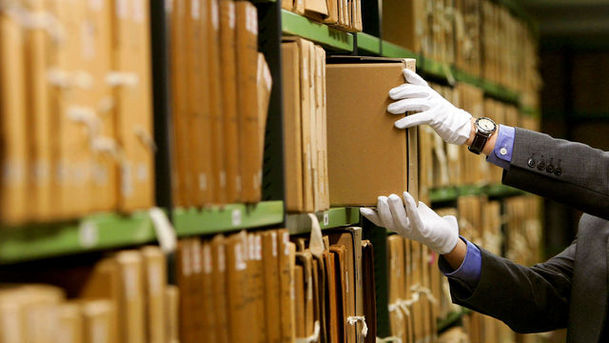
Analysis - Do Public Inquiries Work?
Ann Alexander, a lawyer who represented some of the families of relatives killed by Dr Harold Shipman, examines the public inquiries system.
Details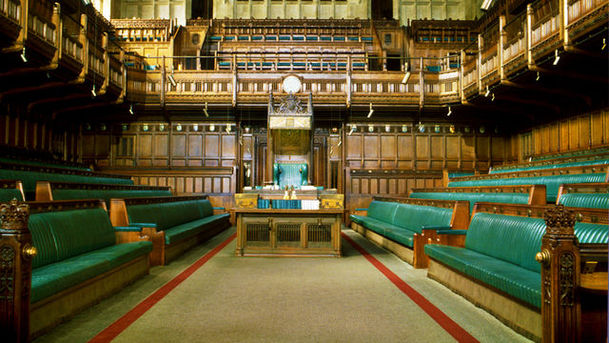
Analysis - Doesn't Everyone?
Michael Blastland asks if 'group-think' is distancing policy from the public and asks if our political elite have forgotten how most voters live.
Details
Analysis - Doing Our Duty
Doing Our Duty: Both major parties have promised to create legal responsibilities to balance our rights, but what should our responsibilities be? David Walker investigates.
Details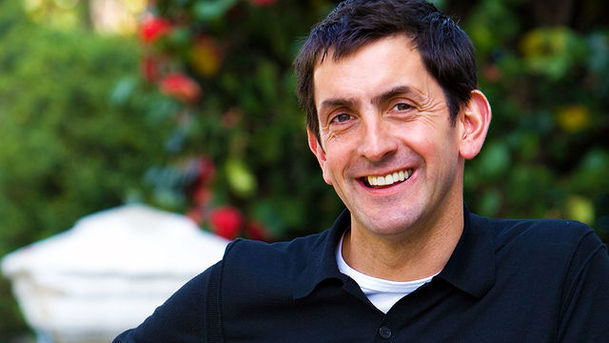
Analysis - Doomed by Democracy?
Democracy might have to be abandoned to tackle climate change, according to Prof James Lovelock. Are democratic societies incapable of acting for the good of future generations?
Details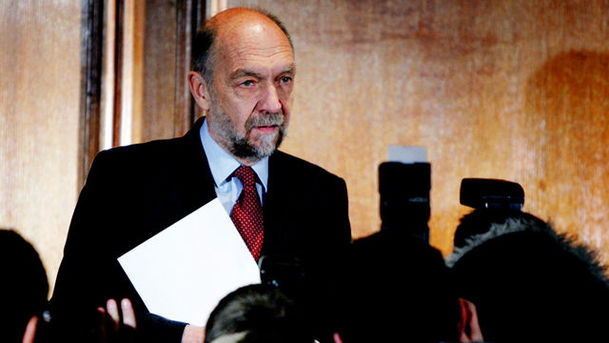
Analysis - Economistocracy
A new Office for Budget Responsibility will advise on the way politicians tackle our budget deficit. Frances Cairncross investigates how the deficit could change politics.
Details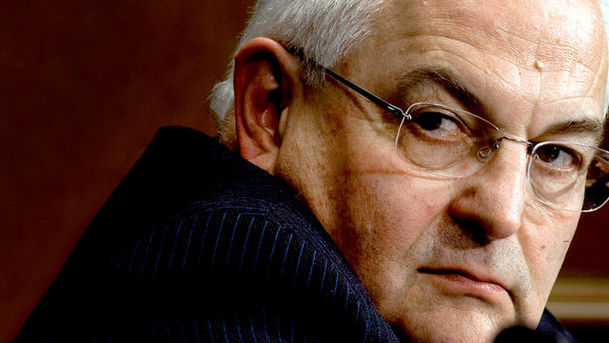
Analysis - Economy on the Edge
Financial commentator Martin Wolf talks to a range of experts to analyse what the future may hold for the global economy.
Details
Analysis - Educating Cinderella
Fran Abrams asks whether further education in this country has got the balance right between a choice-led system and a more paternalistic one.
Details
Analysis - Episode 6
1707: Bravehearts and Bankers. Is there a link between the end of Empire and the resurgence of Scottish nationalism? Dr Richard Weight examines patriotism and economics.
Details
Analysis - Episode 7
Miserable Children: A recent UNICEF report prompted accusations that the UK is failing its children. Andrew Brown investigates.
Details
Analysis - Episode 8
Secrets and Mysteries: Former government security co-ordinator David Omand talks to Peter Hennessy about the terrorist threat and how well organised the state is to confront it.
Details
Analysis - Episode 9
I'm So Sorry: Why have apologies for past misdeeds become politically fashionable? Kenan Malik considers whether people can bear responsibility for the crimes of their ancestors.
Details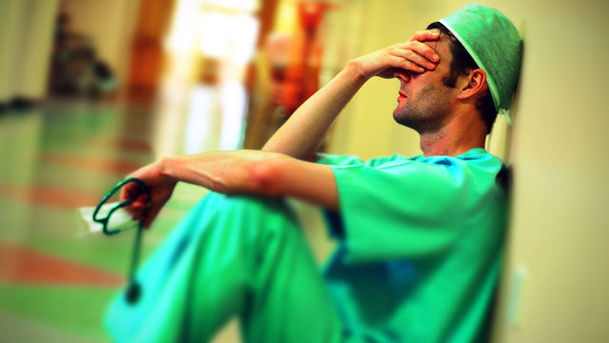
Analysis - Failing Better
Michael Blastland explores how different professions deal with accidents, failures and mistakes, from airline pilots and doctors to politicians and business leaders.
Details
Analysis - Fair Play?
Historian Richard Weight asks why many nations with far fewer resources than Britain frequently perform better at sports. Do we take sport too seriously or not seriously enough?
Details
Analysis - Faith in the State
David Walker asks whether the state, by enshrining the rights of mutually antagonistic groups, has created more problems than it can solve.
Details
Analysis - Family Footsteps
Family Footsteps: Children following parents into careers might be thought a thing of the past. But dynasties seem to be thriving everywhere. Frances Cairncross investigates.
Details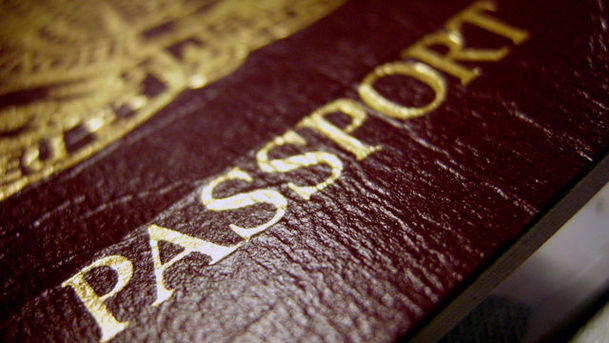
Analysis - Foreigner Policy
David Goodhart investigates the ideological forces behind mass immigration, one of the most significant social changes to have affected the UK.
Details
Analysis - Go Green, or Else!
Go Green, or Else! The British government's targets for halving carbon emissions are ambitious. Camilla Cavendish asks how the government can make us greener.
Details
Analysis - In Defence of Targets
As NHS targets fall out of political fashion, journalist Michael Blastland argues that they could be good for our health.
Details
Analysis - India, the Reluctant Tiger
India, the Reluctant Tiger: Dr Zareer Masani travels to his homeland to discover if the new prosperity created by economic growth is filtering down to the mass of the population.
Details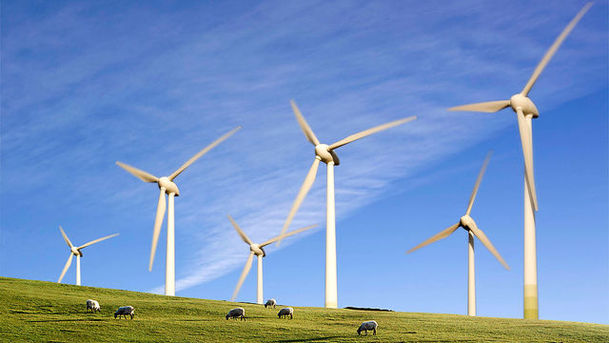
Analysis - Inspiring Green Innovation
Tim Harford, The Undercover Economist, examines the different ways to inspire the creators and inventors who will lead the way in the fight against global warming.
Details
Analysis - Jackanory Politics
Jackanory Politics: Frances Stonor examines the increasingly popular method of delivering a political message by telling a story.
Details
Analysis - Keeping Us Afloat?
Keeping Us Afloat? Frances Cairncross reports on the credit crunch and its international effect. How much influence will be wielded by new global players such as India and China?
Details
Analysis - Knowing Too Much
Investigative journalist Martin Bright asks if the truth is really always desirable and in the public interest, and explores the importance of institutional and personal secrecy.
Details
Analysis - Le Malade imaginaire?
France is unhappy with itself. Quentin Peel asks if the country has deep-seated problems that require radical reform or is just suffering from hypochondria.
Details
Analysis - Let the People Decide?
Let the People Decide? In a studio discussion, Quentin Peel asks if plebiscites enable the voice of the people to be heard unequivocally.
Details
Analysis - Minds of Our Own?
What if science could read people's thoughts and intentions? That's the promise of the latest research from neuroscientists. Kenan Malik investigates.
Details
Analysis - My DNA
Ben Hammersley investigates the predictive genetics industry, which advocates claim could extend a person's lifespan by 20 years.
Details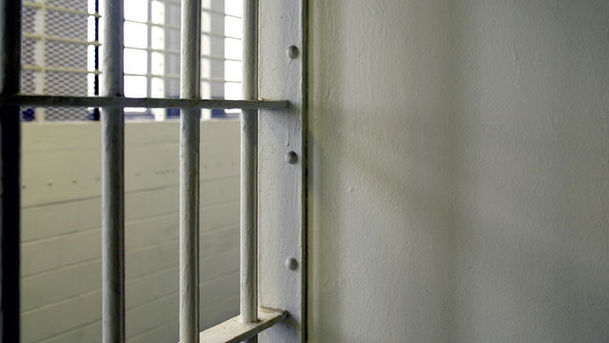
Analysis - No Escape
Richard Weight asks why prison policy is so difficult to unlock and if anyone has the key. Crime isn't getting any worse but the number of inmates has almost doubled over 20 years.
Details
Analysis - No More Wars?
No More Wars? Patient diplomacy rather than military force is the new watchword of British foreign policy. Philip Stephens investigates.
Details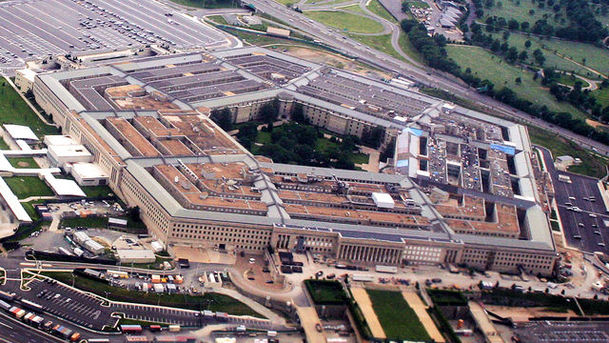
Analysis - Obama's Pentagon
BBC defence correspondent Mark Urban asks if the Obama presidency will see substantial reform at the Pentagon and if the 'small war' strategists will win out over traditionalists.
Details
Analysis - Officially Ignorant?
How well can policy makers really grasp what is happening in our society and economy? Frances Cairncross investigates the black holes in official knowledge.
Details
Analysis - One Wales?
One Wales? Mukul Devichand investigates the onward march of the Welsh language and its potentially divisive effects.
Details
Analysis - Paying The Piper
Frances Cairncross examines what lessons must be learned from the events of the credit crunch and the effects it has had on the capitalist system.
Details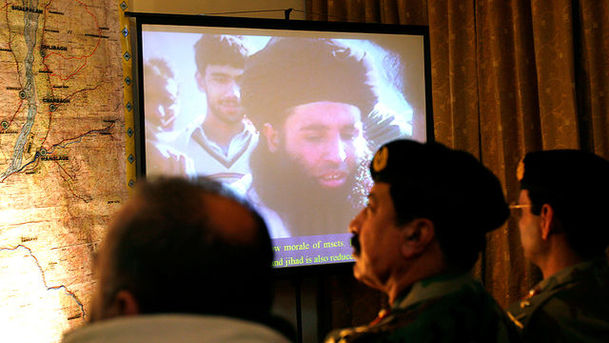
Analysis - Preserving Pakistan
Owen Bennett-Jones investigates Pakistan's Islamic radicals, why they have made such an impact and whether military action alone can ever defeat them.
Details
Analysis - Promises, Promises
Policy makers are keen for us to make public pledges as a means of keeping families together and tackling social problems. Ben Rogers explores the idea's value and limitations.
Details
Analysis - Repugnant Markets
Repugnant Markets: Tim Harford asks whether our objections to transactions regarding human organs are based on practical grounds, on ethics, or on sheer distaste.
Details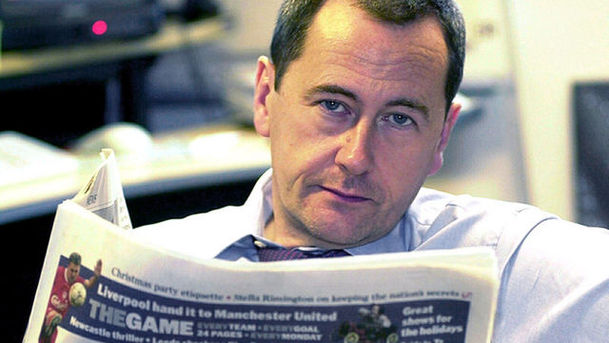
Analysis - Responsible Journalism
Former editor of the Today programme Kevin Marsh asks how the press can rediscover its public purpose to help citizens join the big debates and solve genuine problems.
Details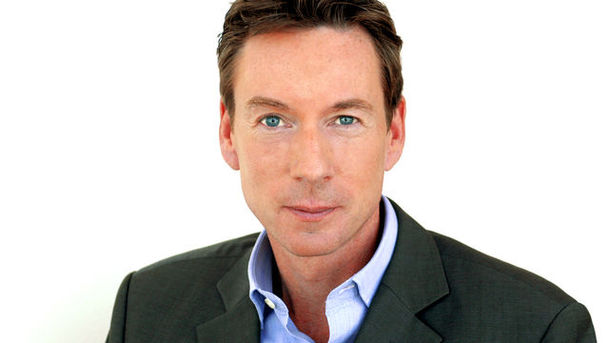
Analysis - Revealing Religion
Andrew Brown explores how believers and sceptics see the role of religion in thought and action.
Details
Analysis - Rolling Stones
Alison Wolf asks whether human beings have an innate need to travel and, if so, whether that raises profound questions for transport policy.
Details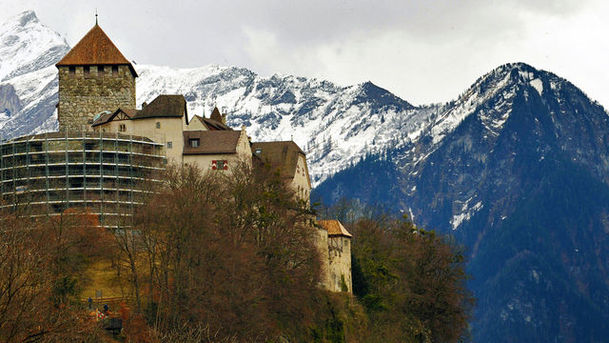
Analysis - Small States
Bronwen Maddox, chief foreign commentator of The Times, asks if small nations can survive as independent states.
Details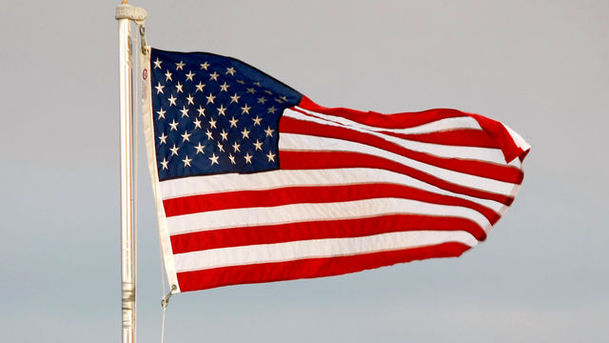
Analysis - Tea Party Politics
Gary Younge assesses the strength and influence of the Tea Party movement, a US grass-roots protest group which objects to deficit spending and big government.
Details
Analysis - The Beginner's Guide to Separation
The Beginner's Guide to Separation: Tensions between Holyrood and Westminster have increased since the Scottish elections. Could this mean an end to the Union? Chris Bowlby reports.
Details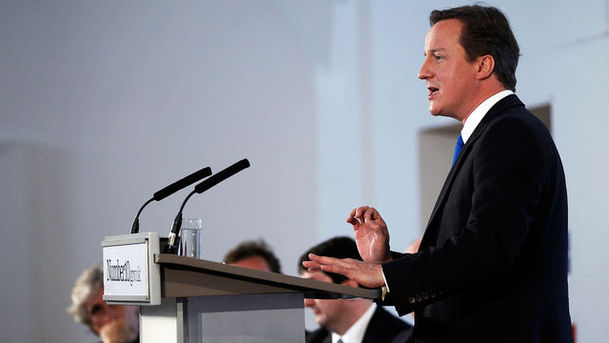
Analysis - The Big Society
Anne McElvoy examines the little-known origins of David Cameron's Big Society idea and asks what they tell us about how the Coalition government will do less and society do more.
Details
Analysis - The Blessing of Marriage
The Blessing of Marriage: Camilla Cavendish asks what role the government should play in our relationship choices and the way we bring up our children.
Details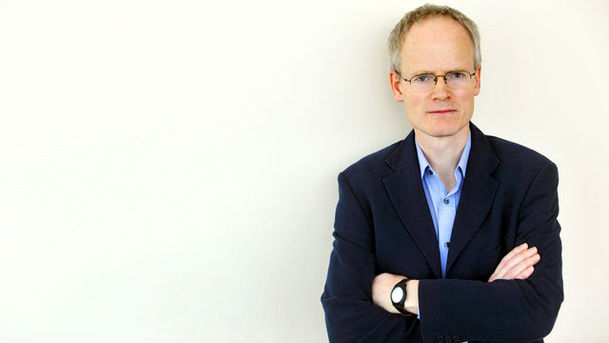
Analysis - The deserving and the undeserving poor
Presenter Chris Bowlby asks whether a state welfare system can ever distinguish between those who deserve help and those who do not.
Details
Analysis - The Dollar and Dominance
As the US economy is tested so dramatically, economist Ngaire Woods investigates the role of the dollar as the world's leading currency.
Details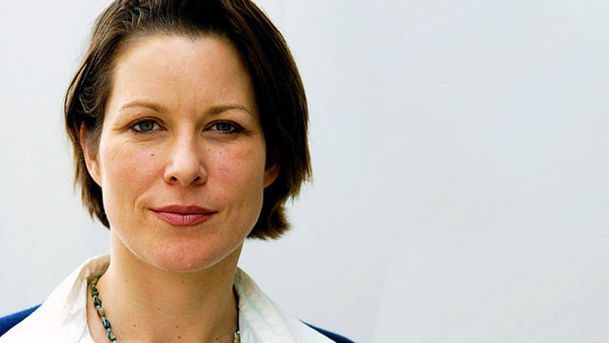
Analysis - The Economist's New Clothes
Stephanie Flanders examines the arguments over the near collapse of the global financial system and asks what future students should learn from the 'great recession'.
Details
Analysis - The Euro Nightmare
As the break-up of the Eurozone becomes a realistic possibility, Chris Bowlby investigates the consequences for the European Union and for Britain itself.
Details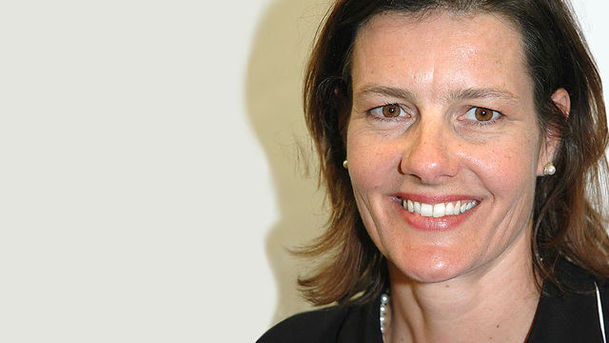
Analysis - The Financial Tsunami
Ngaire Woods considers how the financial crisis is affecting the world's most vulnerable people. Where does the global banking meltdown leave developing countries?
Details
Analysis - The Future of the War on Terror
David Kilcullen, an Australian anthropologist and key adviser to the Pentagon, talks to Frank Gardner about the future of the war on terror.
Details
Analysis - The Roof over your Head
The Roof Over Your Head: Zareer Masani looks at the problems of younger people struggling to find affordable homes and asks what the government can do in a market-driven business.
Details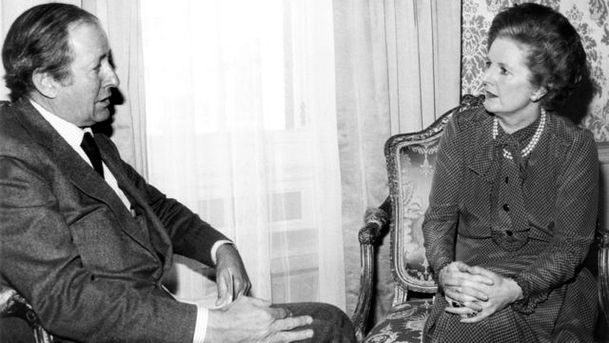
Analysis - The secret history of Analysis
Analysis is 40 years old this year. Michael Blastland uncovers the intriguing cold war history of the BBC's most unashamedly intellectual current affairs programme.
Details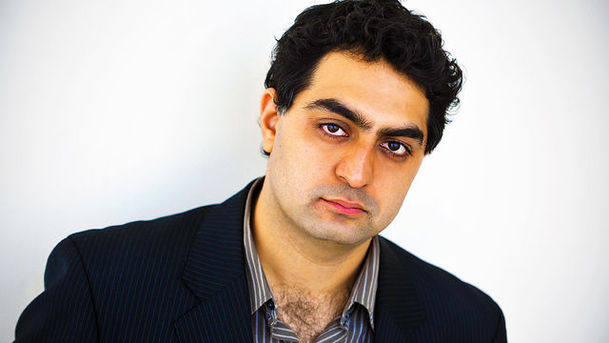
Analysis - The Spirit Level: the theory of everything?
Is inequality bad for society as a whole? Mukul Devichand tries to settle the statistical argument kicked off by the authors of The Spirit Level.
Details
Analysis - The Threat of Thrift
After decades of easy credit, Chris Bowlby asks if the concept of thrift has lost its moral attraction and if its revival could further damage the economy.
Details
Analysis - The Will to Power?
The Will to Power? Is legislation the right instrument to curb our excesses? Felipe Fernandez-Armesto asks whether the passing of self-discipline is to be regretted.
Details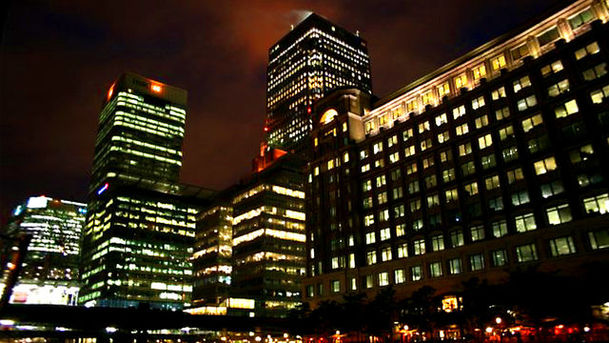
Analysis - The World's Shifting Balance
Martin Wolf of the Financial Times analyses the crisis facing the global economy. Could the dynamism of the developing world pull rich countries out of the current slowdown?
Details
Analysis - The Wrong Road to a Warmer World
The Wrong Road to a Warmer World: Kenan Malik asks whether we are approaching climate change and how to combat it from the wrong direction.
Details
Analysis - Thought Experiments
Philosopher Janet Radcliffe Richards asks whether the results of studies into humans' moral choices can tell us not just how we tend to behave, but how we should behave.
Details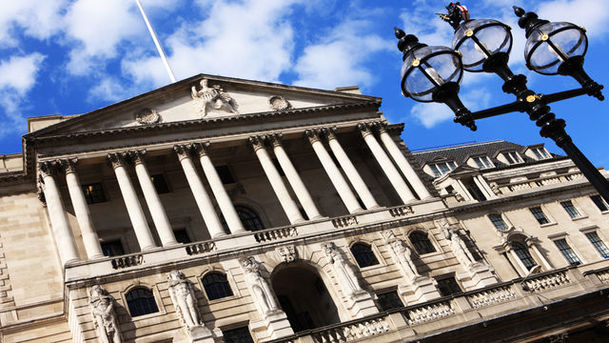
Analysis - Time to Get Real
After the emergency budget, all politicians claim to have credible plans to cut the deficit. But Michael Blastland asks where exactly the axe will fall to meet the promises made.
Details
Analysis - Travel and the Mind
Travel and the Mind: Richard Weight asks why our interest in foreign news coverage and serious travel reportage seems to be shrinking.
Details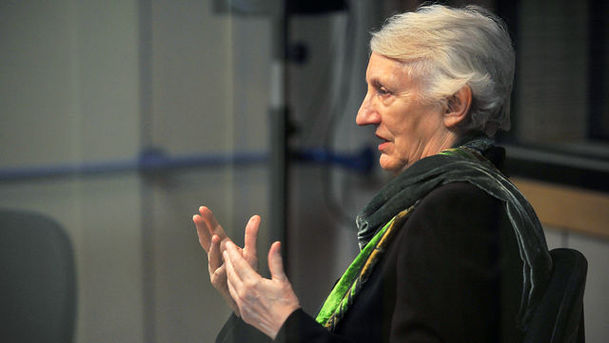
Analysis - Trust
Moral philosopher Prof Onora O'Neill's 2002 Reith Lectures on trust were praised for their depth and clarity. Eight years on, Edward Stourton hears her latest reflections.
Details
Analysis - Trust Me, I'm a Patient
Consumer-driven health care is a hot political issue. Michael Blastland asks if patients are fit to take charge in what is being described as a historic shift in power.
Details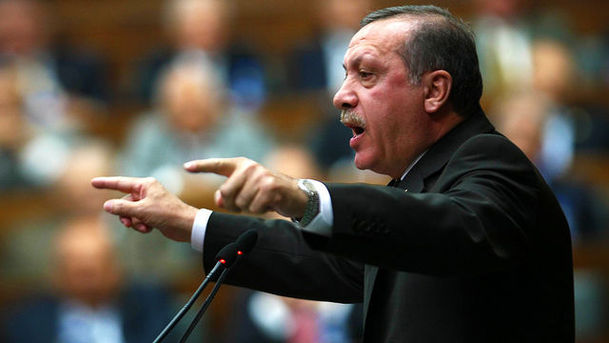
Analysis - Turkey: staying secular insha'Allah
Turkey is on the rise, economically and politically. Edward Stourton examines the apparent contradiction of its secular constitution and its government's Islamist roots.
Details
Analysis - War on the Professions
War on the Professions: Alison Wolf asks if the idea of the independent self-regulated professional has become outmoded.
Details
Analysis - What Are We Fighting For?
What Are We Fighting For? The campaigns in Iraq and Afghanistan have stretched the armed forces and raised questions about Britain's use of military power. Edward Stourton reports.
Details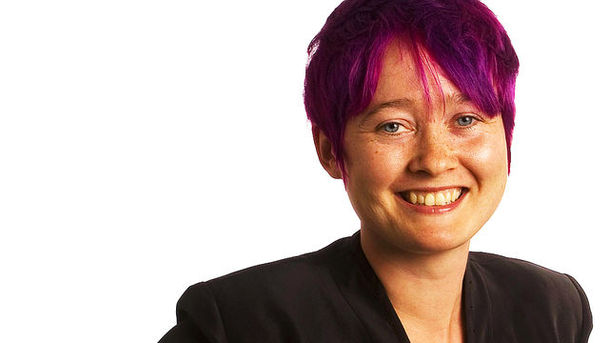
Analysis - Whatever Happened to the Sisterhood?
Women are more dependent on the state than men. The cuts will therefore hit them harder. Jo Fidgen asks why the issue has failed to trigger a feminist revolt. Is sisterhood dead?
Details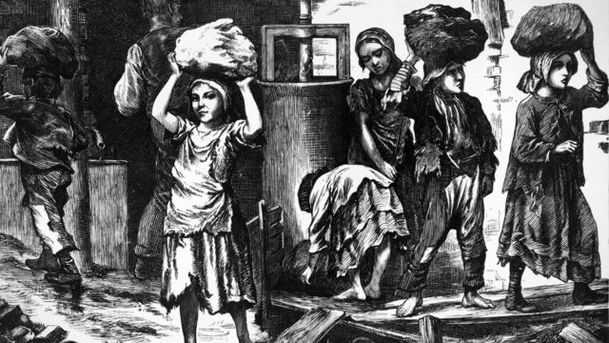
Analysis - What's wrong with child labour?
Childhood is commonly seen as a time for play and learning. But is this holding children back? Fran Abrams asks whether young people might benefit from a revival of child labour.
Details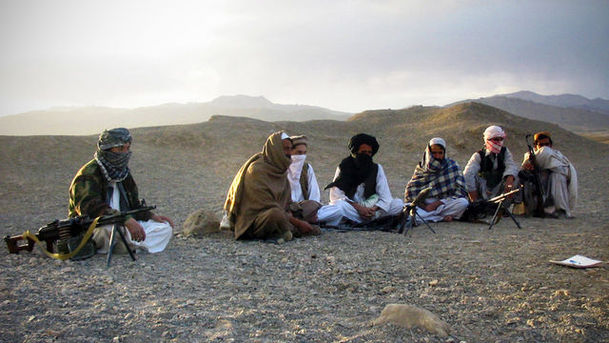
Analysis - Who Are The Taliban?
While the fighting in Afghanistan continues there is talk, too, of a negotiated peace. Edward Stourton discovers what dealing with the Taliban would really mean.
Details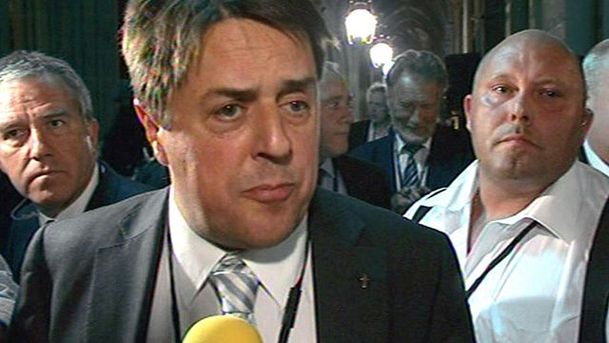
Analysis - Who's Afraid of the BNP?
With the BNP hitting the headlines over their success in the 2009 European elections, Kenan Malik asks what the liberal response should be.
Details
Analysis - With Friends Like These
With Friends Like These: Why are people happy to disclose huge amounts of personal information online? Ben Hammersley asks whether our notion of privacy has changed.
Details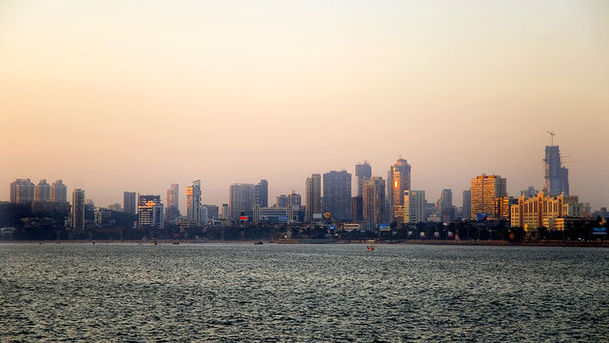
Analysis - World Cities, Urban Nightmares?
Mukul Devichand asks if the megacities of the developing world are privileging a global elite and marginalising the poor.
Details